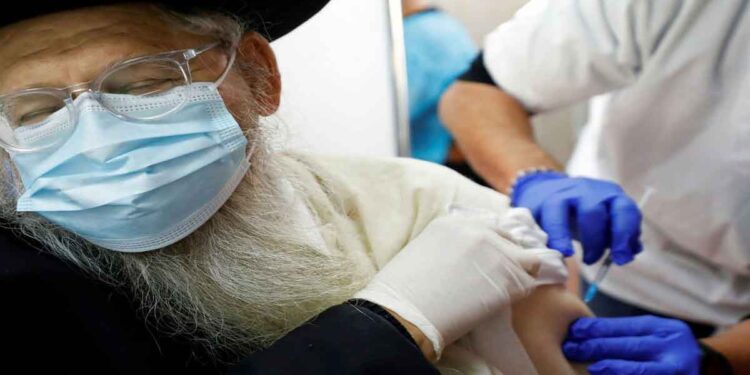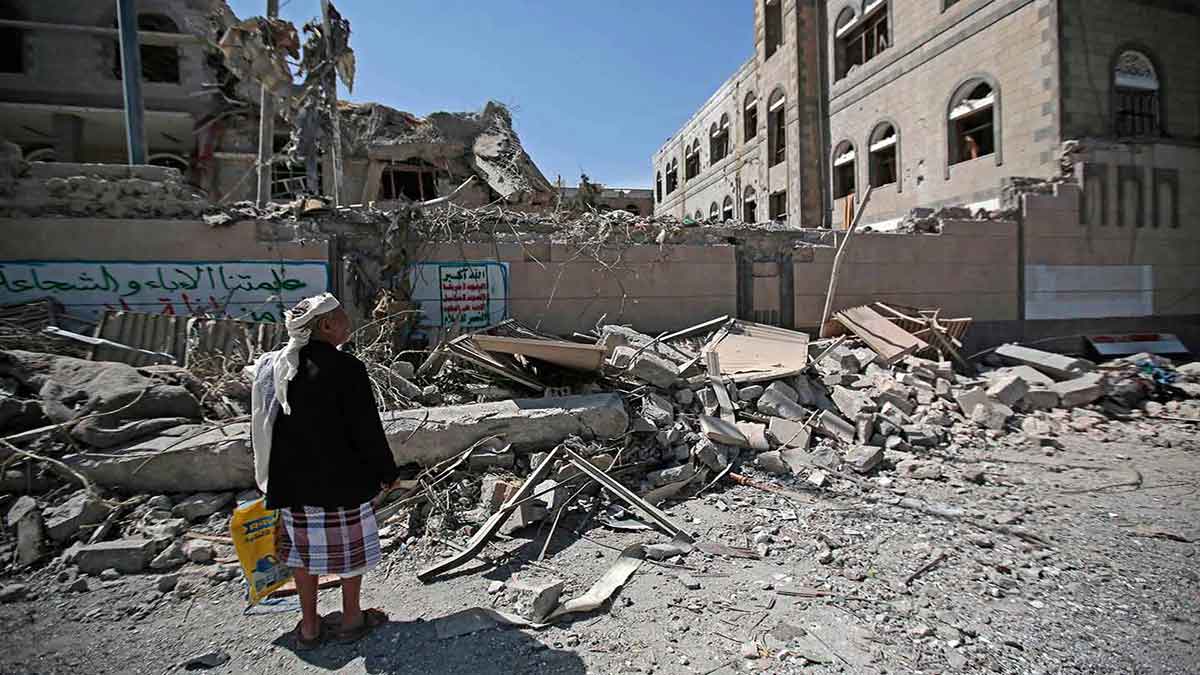Israel is celebrating an impressive, record-setting vaccination drive, having given initial jabs of coronavirus shots to more than a 10th of the population. But Palestinians in the Israeli-occupied West Bank and Gaza can only watch and wait.
As the world ramps up what is already on track to become a highly unequal vaccination push – with people in richer nations first to be inoculated – the situation in Israel and the Palestinian territories provides a stark example of the divide.
Israel transports batches of the Pfizer/BioNTech vaccine deep inside the West Bank. But they are only distributed to Jewish settlers, and not the roughly 2.7 million Palestinians living around them who may have to wait for weeks or months.
“I don’t know how, but there must be a way to make us a priority, too?” said Mahmoud Kilani, a 31-year-old sports coach from the Palestinian city of Nablus. “Who cares about us? I don’t think anybody is stuck on that question.”
Two weeks into its vaccination campaign, Israel is administering more than 150,000 doses a day, amounting to initial jabs for more than 1 million of its 9 million citizens – a higher proportion of the population than anywhere else.
Vaccine centres have been set up in sports stadiums and central squares. People over 60, healthcare workers, carers and high-risk populations have priority, while young, healthier people who walk into clinics are sometimes rewarded with surplus stock to avoid the waste of unused vials.
The prime minister, Benjamin Netanyahu, has told Israelis that the country could be the first to emerge from the pandemic. As well as a highly advanced healthcare system, part of the reason for the speed could be economics. A health ministry official said the country had paid $62 a dose, compared with the $19.50 the US is paying.
Meanwhile, the cash-strapped Palestinian Authority, which maintains limited self-rule in the territories, is rushing to get vaccines. One official suggested, perhaps optimistically, that shots could arrive within the next two weeks.
However, when asked for a timeframe, Ali Abed Rabbo, director-general of the Palestinian health ministry, estimated the first vaccines would probably arrive in February.
Those would be through a World Health Organization-led partnership called Covax, aimed at helping poorer countries, which has pledged to vaccinate 20% of Palestinians. Yet vaccines intended for Covax have not yet gained “emergency use” approval by the WHO, a precondition for distribution to begin.






























